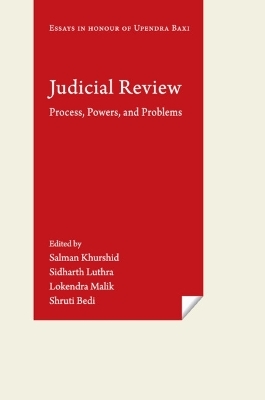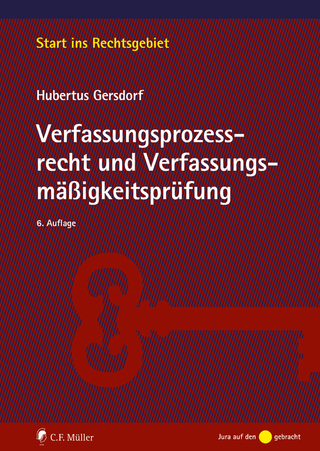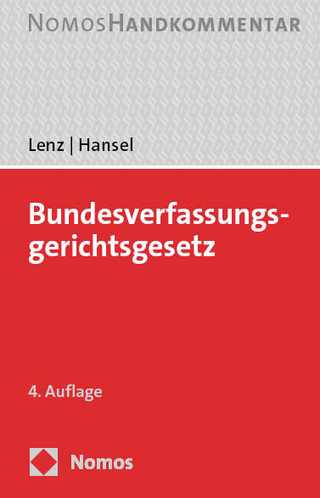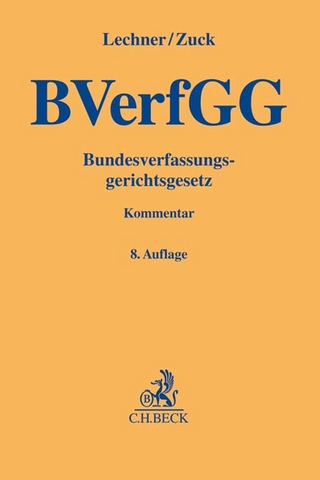
Judicial Review
Cambridge University Press (Verlag)
978-1-108-83603-6 (ISBN)
In India, judicial review is not a static phenomenon. It has ensured that the Constitution is the supreme law of the land, and in situations when a law impinges on the rights and the liberties of citizens, it can be pruned or made void. This is a collection of scholarly essays demonstrating the different facets of judicial review based on the vast area of comparative constitutional law. Importantly, it honours the body of work of Upendra Baxi, legal scholar and author, whose contributions have shaped our understanding of legal jurisprudence and expanded the scope of social transformation in India. This volume recognizes his role as an Indian jurist. Various constitutional law experts come together to reflect on his expositions on the role of the apex court, judicial activism, accountability of judiciary, laws on surrogacy and adultery and so on.
Salman Khurshid is a noted Indian politician, designated senior advocate, eminent author and an educationist. A former Cabinet Minister of the Ministry of External Affairs, he has authored numerous books including Beyond Terrorism: New Hope for Kashmir (1994) and has edited others like The Contemporary Conservative: Selected Writings of Dhiren Bhagat (1990). Sidharth Luthra is a senior advocate in the Supreme Court of India. He is a well known criminal law expert who has appeared in many leading cases in different courts in the country. Lokendra Malik is an advocate in the Supreme Court of India. Before entering legal practice, he taught law at the Indian Institute of Public Administration, New Delhi. Shruti Bedi is Associate Professor of Law in the University Institute of Legal Studies, Panjab University, Chandigarh. Her areas of expertise and interest are Constitutional Law, internal security law and organized crime.
Foreword Justice A. K. Sikri; Editors' note Salman Khurshid, Sidharth Luthra, Lokendra Malik and Shruti Bedi; Introduction M. P. Singh; 1. The inadequacy of judicial enforcement of constitutional rights provisions to rectify economic inequality, and the inevitability of the attempt Mark Tushnet; 2. The interplay of law and politics in India James Manor; 3. Beating the backlog: reforms in administration of justice in India Abhishek Singhvi; 4. Judicial review: perspectives and reflections for the twenty-first century John Mceldowney; 5. When 'creeping jurisdiction' goes awry: the social action litigation to ban surrogacy Sital Kalantry; 6. Judicial review and the democratic judge Joel I. Colón-Ríos; 7. Judicial review: a tool to shape constitutional jurisprudence Balram K. Gupta; 8. The Baxian bioscope on Indian judicial process Amita Dhanda; 9. Judicial activism, courts, and constitutional revolutions: the Israeli case Yaniv Roznai and Gary J. Jacobsohn; 10. Democracy, constitution, and judicial review: a critique Vijender Kumar and V. P. Tiwari; 11. A minor jurisprudence of pathos: Upendra Baxi as teacher and writer Oishik Sircar; 12. The need for reinventing the Supreme Court as a constitutional court Sidharth Luthra and Nivedita Mukhija; 13. Appointment of 'distinguished jurists' as judges in the Supreme Court of India: a critical analysis Lokendra Malik; 14. Judicial dissent and judicial review: a functional analysis Yogesh Pratap Singh; 15. The power of judicial review: judicial chutzpah or judicial desideratum Shruti Bedi; 16. Judicial review of legislations by tribunals in India: law, problems, and perspectives P. Puneeth; 17. Criminalization of membership of terrorist organizations in India and the United States of America: human rights concerns Anurag Deep; 18. Article 142 of the Indian Constitution: on the thin line between judicial activism and restraint R. Hari Krishnan and Anurag Bhaskar; 19. Sketching the limits of Article 142 of the Constitution of India: a constitutional necessity Shailendra Kumar; 20. Constitutional morality and judges of the Supreme Court Salman Khurshid; About the contributors; Index.
| Erscheinungsdatum | 14.04.2020 |
|---|---|
| Zusatzinfo | Worked examples or Exercises |
| Verlagsort | Cambridge |
| Sprache | englisch |
| Maße | 155 x 235 mm |
| Gewicht | 700 g |
| Themenwelt | Recht / Steuern ► Allgemeines / Lexika |
| Recht / Steuern ► EU / Internationales Recht | |
| Recht / Steuern ► Öffentliches Recht ► Verfassungsverfahrensrecht | |
| ISBN-10 | 1-108-83603-8 / 1108836038 |
| ISBN-13 | 978-1-108-83603-6 / 9781108836036 |
| Zustand | Neuware |
| Informationen gemäß Produktsicherheitsverordnung (GPSR) | |
| Haben Sie eine Frage zum Produkt? |
aus dem Bereich


